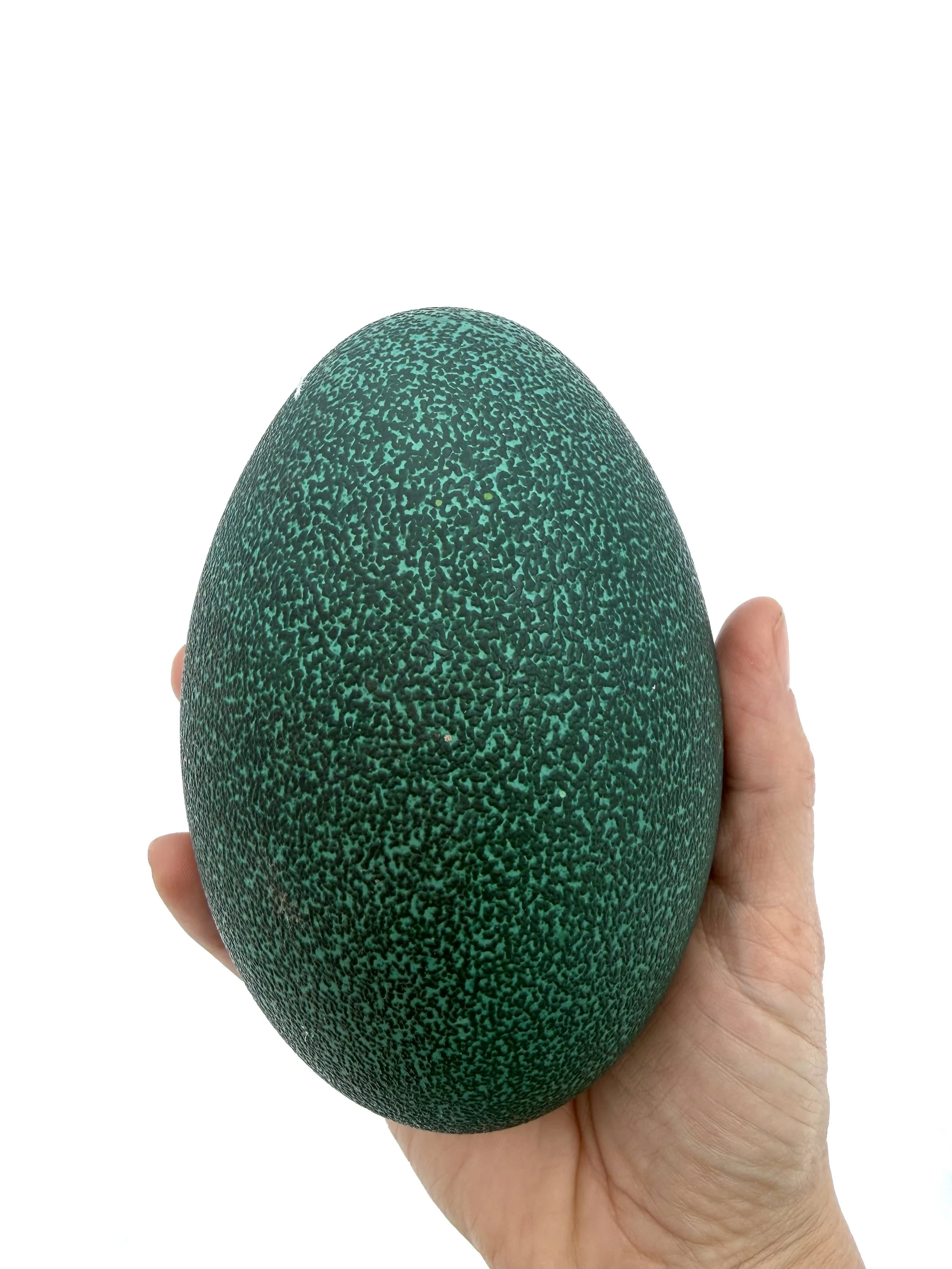Info session to address NYC dumping muddy waters into Esopus Creek
“This ‘solution’ only shifts costs and consequences onto farmers, businesses, residents and communities downstream.”
Why is NYC dumping millions of gallons of turbid water into the Lower Esopus Creek?
Four months of turbid water releases threatens wildlife, recreation, local agriculture and the drinking water for local residents. Riverkeeper will host an information session this Wednesday.
by niki@hvny.info
The Ashokan Reservoir is the main source for New York City's drinking water supply, serving over 9.5 million people. But to clear up the water after a late December storm, officials have been releasing millions of gallons of turbid water a day into the Lower Esopus Creek in Ulster County. The flush of this clay-laden water has taken place every day over the past four months, and the high-volume turbid releases are expected to continue through spring.
After heavy rains, silt, clay and other fine sediment create unclear water. To clear up that muddy water, the reservoir releases that turbid water into the Lower Esopus Creek where it runs 32-miles before reaching the Hudson River. Riverkeeper, a local advocacy group, says “this ‘solution’ only shifts costs and consequences onto farmers, businesses, residents and communities downstream.”
“Levels of light and oxygen within the water are reduced, affecting fish and their ability to feed and see their food. Further downstream, the turbid water adds to the cost of drinking water treatment for communities that draw water from the Hudson.”
Because of these recent releases, the Lower Esopus has been placed on the New York State List of Impaired Waters for excessive silt and sediment.
Water releases to clear the turbid waters have been a continuing issue in the region. In 2010-11, four months of turbid water releases from the reservoir threatened area recreation like kayaking and fishing, created plumes in the Hudson and clogged irrigation equipment affecting the local agriculture industry. [ source ]
Due to climate change, and an increase in these extreme storms, the discharges are expected to become even more frequent.
“The way it’s working is not working,” added Sen Michelle Hinchey.
This Wednesday, Riverkeeper will host a virtual information session on the long-term management of the reservoir followed by a question-and-answer session. In addition, the group is asking residents to send written comments to the DEC Commissioner on alternatives to minimize or avoid these discharges all together before June 16, 2021 at 5pm. More info: www.riverkeeper.org/stopthemud + Fact sheet: LINK
ADVERTISEMENT






























